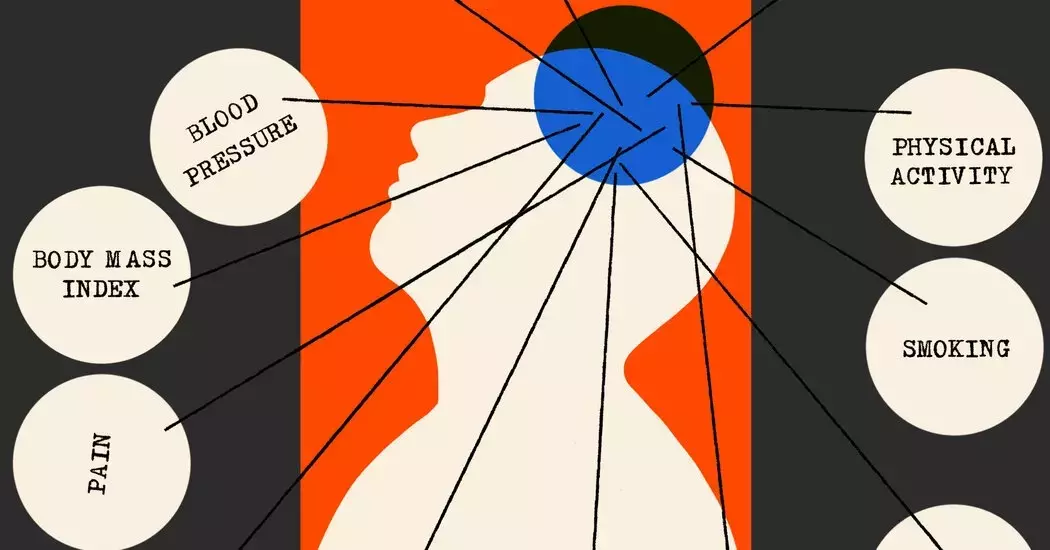
Transform Your Health: Combat Stroke, Dementia, and Depression with Simple Lifestyle Changes
Recent scientific investigations have uncovered a profound link between seemingly unrelated neurological disorders. By understanding and addressing shared risk factors, individuals can significantly enhance their quality of life as they age.
Decoding the Interconnected Nature of Brain Disorders
While stroke, dementia, and late-life depression may initially appear distinct, recent research indicates a deeper connection. This revelation stems from an extensive analysis conducted by Dr. Sanjula Singh at Massachusetts General Hospital's Brain Care Labs. The study highlights how these conditions frequently co-occur due to shared vulnerabilities in the brain's vascular system. Specifically, small blood vessel damage underpins the development of each disorder.
This discovery underscores the importance of recognizing the interplay between various health issues. For instance, hypertension and diabetes, prevalent risk factors, contribute directly to this type of cerebral harm. Addressing these elements through proactive measures can yield substantial benefits across multiple domains of cognitive and emotional well-being.
Potential for Prevention and Mitigation
The implications of this research are staggering, revealing that up to 60% of strokes, 40% of dementia cases, and 35% of late-life depression instances might be preventable or delayed. According to Dr. Stephanie Collier, optimizing modifiable lifestyle components offers a powerful pathway toward maintaining independence and vitality in older adulthood.
Such optimization involves targeted interventions aimed at reducing exposure to known risks. By prioritizing strategies such as regular physical activity, balanced nutrition, and effective stress management, individuals can create a robust foundation for long-term brain health. Moreover, these efforts often produce synergistic effects, enhancing overall wellness beyond individual disease prevention.
Practical Approaches to Holistic Health Improvement
Implementing comprehensive lifestyle adjustments represents a practical approach to combating these pervasive neurological challenges. For example, incorporating consistent walking routines not only combats sedentary habits but also addresses obesity and fosters social connections. Such multifaceted benefits exemplify the efficiency of integrated health strategies.
Dr. Singh emphasizes the value of initiating change within one's immediate control. Even minor improvements in daily habits can accumulate into significant reductions in disease susceptibility. Furthermore, adopting a proactive mindset empowers individuals to take charge of their health trajectories, fostering resilience against future complications.
